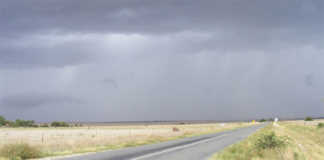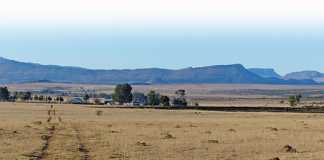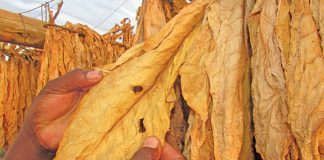Dr Peter Oberem, a wildlife vet and WRSA’s deputy president, told Farmer’s Weekly that local supply of M99 had been constrained “for a long time” already.
“Many wildlife vets find themselves unable to work and the game ranching industry’s development is greatly hampered by these shortages. Being almost a monopoly, the price [of M99] is extremely high with, I assume, huge profits made.”
According to Elanco’s regional director, André Westerveld, M99 required “very specific handling and safety measures” in the manufacturing process and during its infield use. It is lethal to humans and only allowed to be administered by a qualified vet under very strict safety conditions.
Elanco said that it had inherited the rights to manufacture and market M99 following the company’s 2015 acquisition of Novartis Animal Health. To date, Elanco sub-contracted the manufacture of M99 to an unnamed third party Westerveld said had been approved and vetted by the Medicines Control Council.
“We believe that a buyer [for the licences to manufacture and market M99] with local production capabilities and direct oversight of the production process would be best positioned to meet the needs of the wildlife industry with regard to the supply of M99,” said a statement from Elanco.
The company said it was in the final stages of the sale negotiations with a potential, and unnamed, buyer and that it was hoped that the deal would be finalised by the end of May.
Westerveld said that both Elanco and the potential buyer were aware of the need to maintain normal production and supply of M99 in SA, and were “doing everything possible to fast-track the sale process”.












